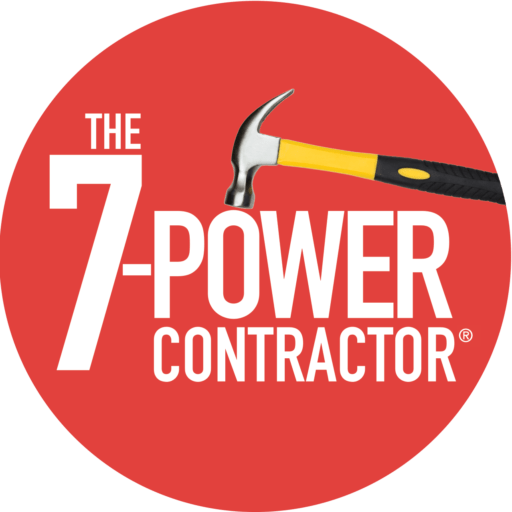Every person in a business may as well be related, since it turns into a family — regardless of last name.
Growing up in a family business, dinner conversations were peppered with as much talk about jobs and the business as they were about the New York sports scene.
Working in my family business for more than 25 years, I thought sibling rivalry and weird family dynamics only existed in a shop where the partners, the owners and the managers were related by blood.
Boy, was I wrong!
After working with many partners, owners and managers, I can tell you that even non-related people operate on the same family dynamic that a family business does.
If there are a couple of guys who are partners but not family, they might as well be brothers because that's how they act. After awhile, they tend to talk like brothers, laugh like brothers, they needle each other like brothers, and at times they fight like brothers. Sometimes the fighting gets so bad, it's downright hurtful to themselves and to the company. Call it what you want, but I call it sibling rivalry.
If there's a boss and key managers, the boss tends to take on the role of a parent and the key manager assumes the role of child. And if you have kids, you know what happens next. They have their own kind of feuding.
Here's what's quirky: Your employees see you as family members even though you're not related. They come to think of you — for better or worse — as their mom, dad, brother or sister. When you fight amongst yourselves, they feel the tension. Trying to hide what's going on is as likely to happen as a couple who fights all the time and thinks the kids don't know. The kids always know! And so do your employees. They don't like when mom and dad fight or their big brothers and sisters fight.
My brothers and I had our share of disagreements. This happened more when we were all young. But, we were lucky because we had a referee and a peacemaker in my dad. He said to us on more than one occasion, “You know if we all get on the same side of the car and push, we can make a whole lot more money with a whole lot less grief.” Unfortunately, I heard this in my 20s and didn't listen too well. But by the time we reached our 30s, the message was sinking in.
To Do
What can you do? Get yourself a referee and a peacemaker. You need an outsider that all of you agree will be the arbitrator when the inevitable disputes arise. Choose wisely but choose quickly. The seeds of unrest among partners, owners and key managers can split a company in two in no time.
When I'm called upon to fill this role of referee and peacemaker in my ongoing consulting work, I get the non-family partners, owners and managers to realize how the dynamic of their business is much like the dynamic of a family.
You need to accept this first for things to get better at your shop.
My next step is to ask everyone involved to forgive each other for everything the other person did or didn't do. Bringing up the past over and over doesn't help. I let them know I don't have a time machine and none of us can go back and fix whatever happened in the past. But we can do a lot of good things if we focus on today and the future. Dragging old baggage only makes the journey tougher if not impossible.
Then, we create an organizational chart that accurately fits the functions of the company. Without this chart, the tendency is for people to jump in and micromanage each other and the activities they're either doing or not doing. Once everyone knows what they're responsible for on the organizational chart and the chain of command is respected, things get a whole lot better. But it means if your partner is responsible for the techs and you see something you don't like with the techs, you need to resist the urge to butt in and you need to talk to your partner rather than the tech directly. Your partner has to do the same when it comes to an issue with the office staff.
Weekly meetings are a must with just the partners or the owner and key managers so everyone stays in synch. It's like getting caught up when we're all sitting around the family dinner table. This meeting keeps the staff from playing the game all kids have played. You know, you ask dad for something and he says, “Go ask your mom,” and you tell your mom, “Dad said it's OK if you agree.”
Meetings also give people a chance to ask for help or to offer help.
With forgiveness, an organizational chart and weekly meetings, your non-family business can be like the Righteous Brothers — in harmony but not really related.
